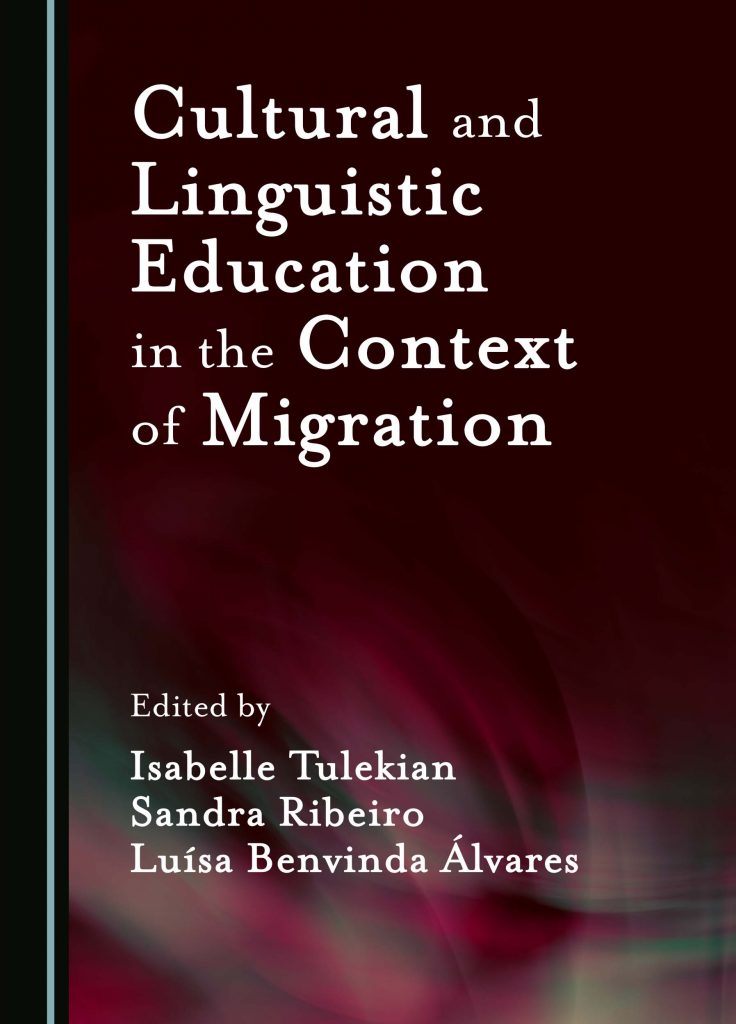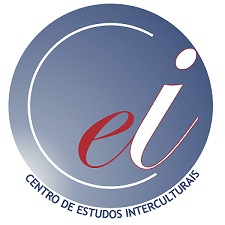
The Center for Intercultural Studies (CEI) researchers Isabelle Tulekian, Sara Ribeiro and Luísa Álvares have just published the book Cultural and Linguistic Education in the Context of Migration with the British publisher Cambridge Scholars Publishing (ISBN: 1-0364-0585-0; ISBN13: 978-1-0364-0585-4). For more information, see: https://www.cambridgescholars.com/product/978-1-0364-0585-4
Over 177 pages, the volume compiles the papers presented at the 2022 International Conference on Education and Migrations, (https://www.iscap.pt/cei/EM2020/index.html) and has a foreword by Vasco Malta, Head of Mission of the IOM – International Organization for Migration in Portugal.
The book includes contributions from academics from various countries, whose research focuses on the numerous and pressing issues raised by the context of today’s international migratory movements. Across the board, the main themes of the texts included in this book are cultural and linguistic aspects, perceived as the reason for many of the difficulties faced by migrant communities in host contexts, but also as a possible factor in resolving these difficulties, if assumed as vehicles for dialogue and the construction of a diverse and just human society.
The first part of the book focuses on reflections on the role of education in this process of gradual integration, on the school and academic performance of migrant children and young people at different levels of education in the host countries and on the influence of linguistic and cultural factors on these results.
In the second part, concrete experiences of migrant communities in work contexts are presented, with a view to detecting obstacles arising from linguistic and cultural barriers, which can lead to situations of discrimination, social fragility and labor exploitation, particularly in populations with low levels of education.
The aim is to provide a set of studies and reflections that can lead to ever more in-depth views of migratory phenomena, reinforcing the basic idea that education, in its many dimensions, is an indispensable means of establishing the bridges and dialogues that sustain the diversity of the world.

